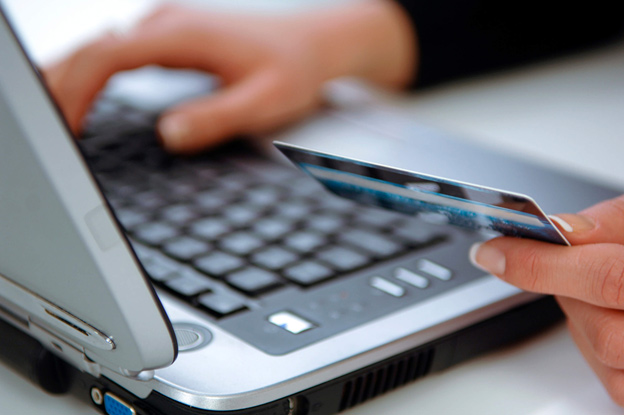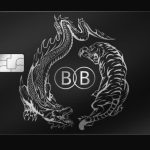
The holidays are around the corner and you have probably started shopping early for those gifts. Like most people, you might do some of your shopping online. But do you practice safety shopping when you go online?
Online fraudsters like to take advantage of herd movement. There are so many sales promotions going on, the distraction can cause people to let their guard down as they hurry to save money.
In this post, we will be sharing some tips to help you shop safer and bank more securely when you go online.
1. Listen to your inner voice
Sometimes, our inbuilt “threat sensors” warn us of impending danger. There are times when you enter a place, and something doesn’t quite feel right, you exit immediately. Our subconscious has learned to recognise the signs.
In the same way, when you land on a suspicious website and get insecure vibes, exiting might just be the best decision. Watch out for deals that sound too good to be true, or sites that don’t have any physical contact address.
2. Use only URLs with Https- not Http
Security is important. Websites with “https” are more secure than those without the “s” which means “secure”. So, any information you send across this platform cannot be intercepted by an unauthorised third party because of the encryption by SSL (Secure Sockets Layer).
Conversely, sites without an extra layer of security are vulnerable to attack and by phishing parties and other malicious online users. Check the “S”.
3. Don’t give out your credit card details
You might receive a bogus email telling you something about an error and the need to clarify your bank details. In some cases, they might ask you to submit the details of your bank account or credit card for “verification”. Beware, no genuine bank will ask for this information online.
If you run a retail store, look out for hackers who might be using your brand to commit fraud. Get a secure website. For complete protection, make sure you are insured against any damages.
4. Use an extremely strong password
Organisations usually advice their employees and users to change their passwords regularly. While it seems like a good thing, theoretically, some studies have shown the contrary. Regular password changes place a burden on users and can leave a system more vulnerable.
The better option is to use an impenetrable password as this makes it harder to crack. For your online shopping and banking accounts, try combining alphanumeric numbers with special characters and make them several characters long.
5. Beware of shopping or banking on Public WIFI
Anytime you enter your personal details or passwords on a public WIFI, you are exposing yourself to identity theft. Most public WIFI hotspots don’t encrypt their data, making it easy for hackers to access the details of unsuspecting victims.
Public WIFI is still good for performing other activities that don’t require personal details. However, there are safety procedures to apply if you are a coffee shop nerd. One technique is by using a virtual private network (VPN).
Don’t get carried away while you shop. Remember, you can only by those gifts for your loved ones if your money is safe. Stay secure.












